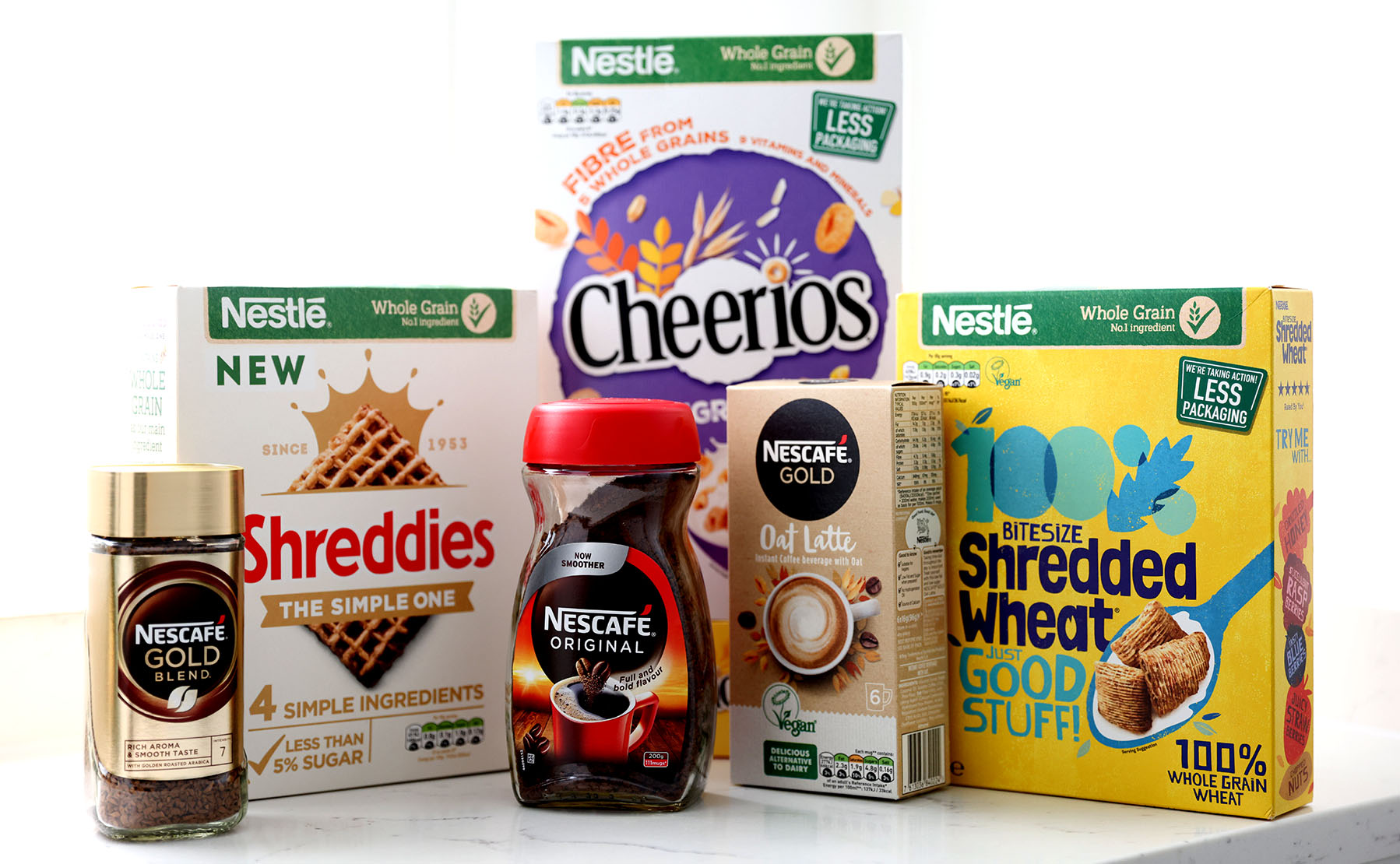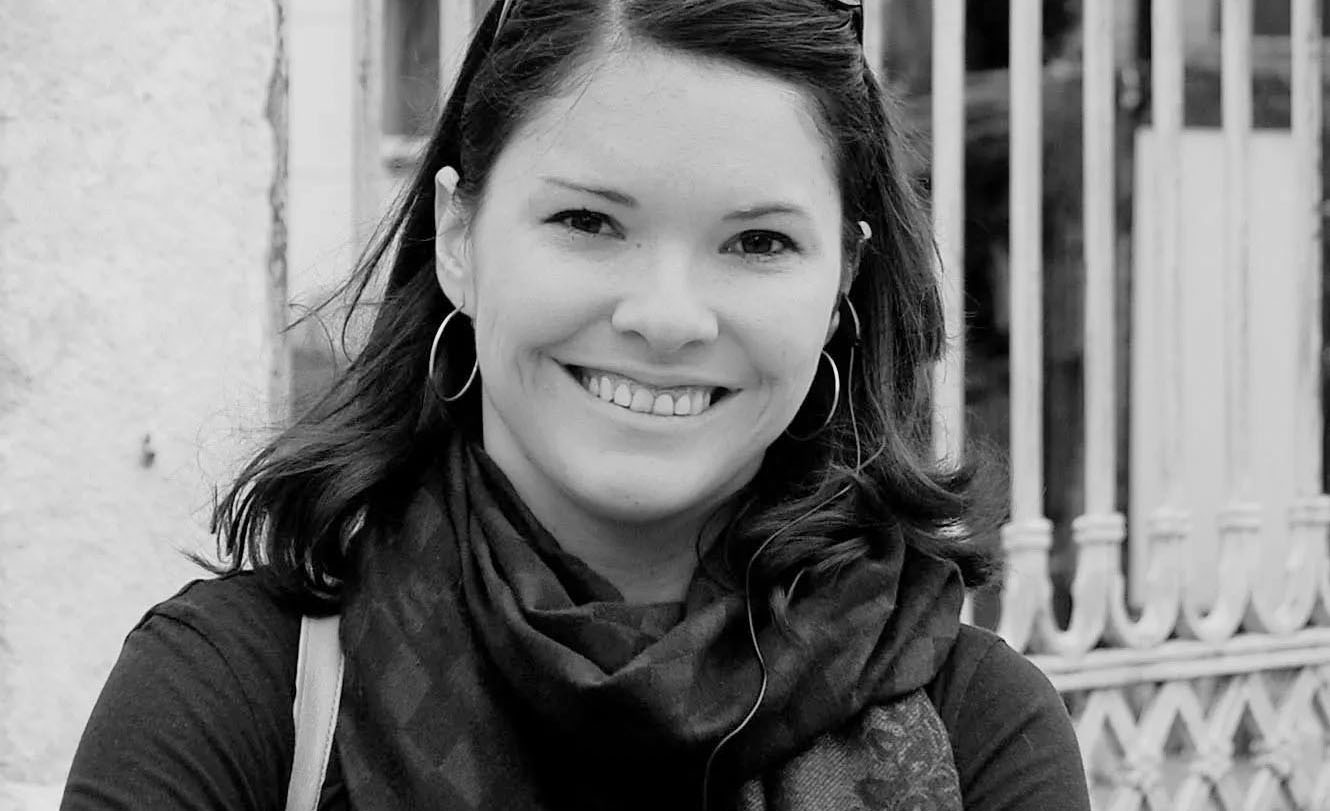
CONFLICTS OF INTEREST
Transformative partnership or corporate capture? Nestlé funding research in Africa (Part 1)

In November 2023 the University of Pretoria announced a partnership with Nestlé to advance food and nutrition research in Africa. This partnership raises questions – how involved should corporations be in advancing public research in their own industry?
In this “transformative” partnership, announced by the university on 14 November 2023, Nestlé will be involved in research done by the African Research Universities Alliance (ARUA) Centre of Excellence in Sustainable Food Systems (ARUA-SFS) – a group of African institutions – through funding research as well as hosting and mentoring PhD students.
Marion Nestlé (no relation), a molecular biologist and nutritionist, has said that research funded by industry tends to favour the industry, in what is known as the “funding effect”.
When corporations fund research, it means they can shape the research agendas in Africa, and in the long run, policy. They also get positive press out of funding research.
The vast majority of the products from Nestlé are self-admittedly unhealthy – high in fat, salt and sugar, and ultra-processed.
We should question what role, if any, big food has in funding research into food.
Let’s get into why.
‘Mutually beneficial’ or conflict of interest?
“It’s not a black-and-white issue,” public health lawyer Safura Abdool Karim says. Tobacco is a settled conflict of interest (COI), but it is not as clear-cut with Big Food.
Two things exist about food that do not exist with tobacco, she explains: You need food to live, unlike with cigarettes, and the food market is deeply concentrated – companies who produce ultra-processed foods often make the staples too.
Petronell Kruger, the programme manager at the Healthy Living Alliance (HEALA), says Nestlé is the largest food producer in the world, which calls into question the sustainability of its supply chain, since it is a massive plastic producer and uses immense amounts of water.
“What you’re really seeing is a partnership with someone with a vested interest in shaping the discussion about sustainability and food, in a partnership with a group that’s supposed to do independent research,” Kruger says.

(Photo: Hollie Adams / Bloomberg via Getty Images)
Catherine Pereira-Kotze, a dietitian with a PhD in public health, says the relationship with Nestlé compromises the impartiality of research.
“Such conflicts have plagued infant and young child nutrition science for decades. Consequently, the World Health Organization (WHO) and United Nations Office of the High Commissioner for Human Rights recommend measures to avoid conflict of interest in nutrition policy development and service delivery as well as professional education and research,” she says.
As a World Nutrition paper says, sponsorship sets up a reciprocity, and has the potential to bias the nutrition field in two ways. Closed-door mechanisms might bias what gets funded, reported or prioritised, or exclude actors in ways that might compromise the core public health-related mission. Also, public sponsorship buys some of the reputational trust held by the host organisation, and confers acceptability on the sponsor via a “halo effect”.
Too few studies have been done on the commercial sector’s impact on nutrition, so mistrust of the private sector remains high, linked to decades-long tension relating to marketing.
The mistrust is understandable and justifiable when considering tactics used by big food companies in their underhanded marketing of commercial infant formula in the past, as well as the attempt to violate Regulation R991, says Lisanne Du Plessis, associate professor at the Division of Human Nutrition, Stellenbosch University. Daily Maverick covered this topic in 2021, when Nestlé tried to host an event which may have contravened national regulations.
“So, while these companies are fueling ill-health and hide behind a few ‘healthier’ products that they push onto the market to create a halo effect, they should not have a seat at the research table,” Du Plessis says.
Kruger does not think the University of Pretoria is actively biasing itself or selling its independence.
But, she highlights systematic studies (one study examining many others) looking at COI. They show that research funded by producers or artificial sweeteners or sugar-sweetened beverages show an overwhelming majority find favourable results for the industry, whereas studies not funded by the industry show the inverse.
“Even if you don’t think you are biased, there’s a lot of implicit bias that happens. Another big issue is that a conflict of interest is not just something that exists, it’s also something that as external partners, we think could exist.”

Petronell Kruger, programme manager at the Healthy Living Alliance. (Photo: Supplied)
‘Advancing local knowledge’ or reputational risks?
If you want to receive funding from an independent funder, Kruger says they have built-in COI clauses which bar you from working in that field. You’ll then be unable to receive funding for a number of years after you’ve completed a PhD that was funded by industry.
“There’s a potential for a longer-term taint,” Kruger explains.
And younger students may not understand the landscape.
The literature on COI with Big Food is growing, so Du Plessis believes there’s no reason to be uninformed.
“Some researchers want to, by all means, protect their integrity and avoid COI. Others simply see the money and turn a blind eye, thinking and saying that their integrity and reputation is unquestionable and untouchable,” she says.
The others she refers to are food scientists, technologists, therapeutic and private-practising dietitians – not public health professionals.
The FoRK toolkit, designed to assess risks, says that “interacting with commercial food companies can result in conflicts of interest for population health researchers, which can bias research findings and contribute to reputational risks”.
Pereira-Kotze says a risk assessment should be done prior to a partnership, and possibly made public.
While they make unhealthy products, if they stopped interfering with public health policy, violating international regulations, marketing unhealthy foods to children and mothers, then perhaps we could say the risk would be reduced, she says. But it wouldn’t be eliminated.
Beyond disclosing funding
Abdool Karim says disclosure of conflicts is not really a solution – because it’s self-reported. And it only applies to the direct funding for the specific research.
Kruger says that potentially the answer is to simply not apply for funding from Big Food.
“If you’re going to have an implicit bias towards research topics and lenses that you think will be funded, and that’s just something that no matter how many checks and balances you try to introduce to manage that, you will never be able to,” Kruger says.
Good practice includes prominent disclosure of funding sources and COI, says the paper in World Nutrition. They say this is an important first step but is not enough, since the COI still exists.
Read more in Daily Maverick: Nutrition activists urge Nestlé to cancel ‘Free Stokvel Mom and Child Forum’ saying it violates SA regulations
Large companies have corporate social responsibility units (CSR) to support pro-nutrition projects. While this may be good for nutrition, if the core business of the company continues to generate a net harm to nutrition, these CSR activities are a mere distraction.
To avoid COI, companies have to “demonstrate independently verified evidence of sustained, large-scale pro-nutrition practices (not just pledges, commitments) before discussions on engagement, sponsorship or partnerships start”.
Kruger believes the university took the funding for the positive motive of scientific research.
“The fact that the research out of the gate is going to be deemed partial, either because it is, or just because of the perception of conflict of interest, does lead me to believe that it is not worth the trade-off – simply because the conflict is so manifest,” Kruger says.
Interaction between researchers and the commercial food sector needs careful consideration, because it can undermine the credibility of research and end up eroding trust among the public and policymakers.
Du Plessis says the problem is that the “erosion of trust happens over time, and only if the public and policymakers are aware of the impact of these partnerships with industry. So, once it is questioned, it is too late. Harm has been done.”
The fundamental issue is that corporate actors are funding this work, because public funders and research organisations are not able to fund the research themselves, emphasises Abdool Karim. DM
See Part 2 for comment from Nestlé and the University of Pretoria. Daily Maverick contacted ARUA, Prof Frans Swanepoel, Dr Colleta Gandidzanwa and the University of Pretoria for comment but did not receive a reply by the time of publication.
Lillian Roberts is a freelance journalist in South Africa with a focus on social and health issues and has previously written for Forbes Africa and Bhekisisa Centre for Health Journalism
This article was updated to include comment from the University of Pretoria on 19 March 2024.




















 Become an Insider
Become an Insider
Comments - Please login in order to comment.